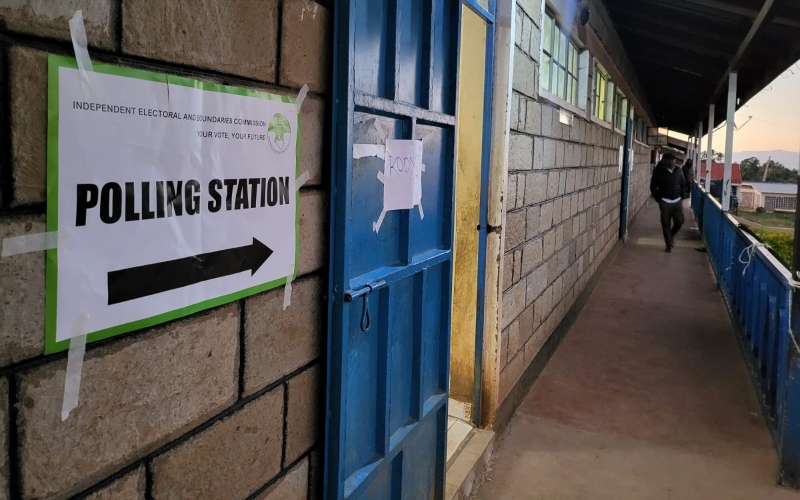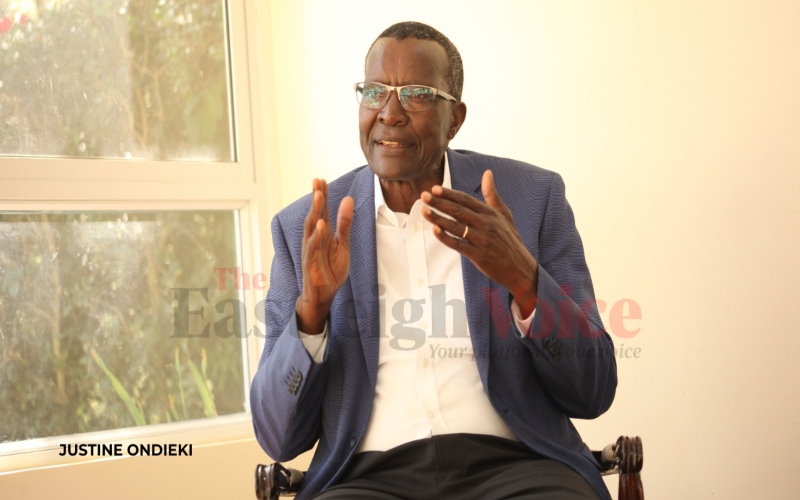OpenAI’s AI video generator Sora launches on Android after iOS success

OpenAI’s groundbreaking AI video generator, Sora, has officially arrived on Android, opening up the world of AI-driven filmmaking to millions of smartphone users across the world.
After months of being exclusive to iOS, the Android rollout began this week, marking a major milestone in making text-to-video creation accessible to a much wider audience.
More To Read
- ChatGPT, Copilot forced off WhatsApp as Meta enforces new AI restrictions
- OpenAI adds group chat to ChatGPT for up to 20 users
- Smart ways to free up phone storage without deleting your favourite photos
- OpenAI denies ban on legal and medical topics in ChatGPT
- OpenAI, PayPal partner to enable in-chat payments via ChatGPT
- ChatGPT on WhatsApp is coming to an end: Here’s what you need to know
The app, which had already topped the Apple App Store charts in September, is now available for download on Android in select regions, including the United States, Japan, Canada, Korea, and Thailand. While access in Africa and other parts of the world, including Kenya, remains limited for now, OpenAI says a wider global rollout is expected “in the coming weeks.”
Sora allows users to generate cinematic video clips simply by typing a prompt, such as “a rainy day in Nairobi viewed through a cafe window”, and within minutes, the AI model produces a high-definition moving scene that looks strikingly realistic. Users can also upload their own photos or videos, and the app intelligently animates them with motion, sound, and lighting effects.
Unlike other generative tools, OpenAI has positioned Sora as more than just a creative engine. It is also a social platform.
The app comes with a TikTok-style vertical feed where users can browse, remix, and share Sora-created videos. There is also a “Cameo” feature that lets users insert themselves (or friends, with consent) into AI-generated scenes, creating everything from fantasy skits to brand adverts.
Each video is automatically watermarked and embedded with C2PA metadata, ensuring transparency about what is AI-generated, a move aimed at tackling misinformation and deepfake concerns.
The Android launch comes amid growing competition in the AI video space, with Google, Runway, and Pika Labs all racing to dominate short-form generative video. But Sora’s appeal lies in its blend of creative control and ease of use.
According to OpenAI, Sora on Android supports up to 60 seconds of video generation per clip, Audio syncing for realistic ambient effects, “Smart characters” that remember expressions and gestures across scenes and collaborative editing tools, where two or more users can co-create and refine a video.
OpenAI says it is taking a “slow and responsible” approach to the Android rollout to prevent misuse.
The company has imposed content filters to block videos involving real people, violence, or political figures, echoing its cautious stance since Sora’s original release earlier this year.
Although Sora is not officially available in Kenya yet, the Android release is expected to spark interest among local content creators, filmmakers, and marketers looking to experiment with AI-generated storytelling.
Once rolled out, it could reshape how short-form content is made for TikTok, Instagram, and YouTube Shorts, particularly for brands seeking cinematic quality without production costs.
OpenAI also confirmed that future versions of Sora will integrate with ChatGPT and DALL·E, allowing users to write, visualise, and animate scripts all in one workflow.
Top Stories Today










































